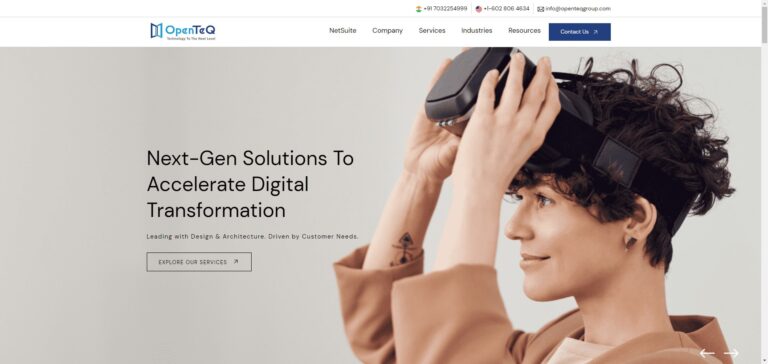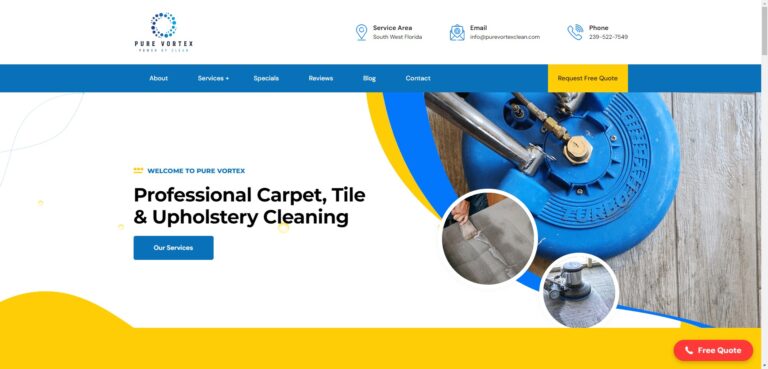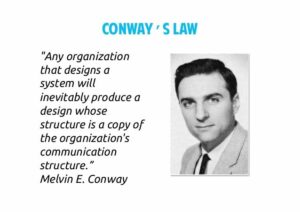Adapting to Change: Navigating the Evolving Landscape of Business
In today’s rapidly changing world, businesses are facing unprecedented challenges and opportunities. The dynamic nature of the global market, coupled with advancements in technology and shifting consumer preferences, necessitates a proactive approach to adaptability and innovation. This article explores the key strategies that businesses can employ to navigate the evolving landscape of business successfully.

- Embracing Digital Transformation: In the digital age, embracing technology is no longer an option but a necessity. Companies need to integrate digital solutions into their operations, such as automation, data analytics, cloud computing, and e-commerce. By leveraging these tools, businesses can enhance productivity, streamline processes, and improve customer experiences.
- Agile Business Models: Traditional business models often struggle to keep up with the pace of change. Agile business models, on the other hand, empower organizations to quickly respond and adapt to emerging trends. By fostering a culture of agility and flexibility, companies can stay ahead of the curve, seize new opportunities, and pivot when necessary.
- Customer-Centricity: In a fiercely competitive marketplace, customer-centricity is paramount. Understanding customer needs, preferences, and behaviors is crucial for developing products and services that resonate with the target audience. Investing in market research, customer feedback mechanisms, and personalized experiences can help businesses build stronger customer relationships and drive long-term loyalty.
- Innovation and Creativity: The business landscape rewards those who embrace innovation and creativity. Encouraging employees to think outside the box, fostering a culture of experimentation, and allocating resources for research and development can give businesses a competitive edge. By continuously innovating and introducing novel solutions, companies can stay relevant and meet evolving customer demands.
- Collaboration and Partnerships: The interconnected nature of the business world calls for collaboration and strategic partnerships. By collaborating with other businesses, organizations can tap into complementary expertise, share resources, and expand their reach. Joint ventures, partnerships, and strategic alliances allow companies to leverage synergies and collectively tackle challenges.
- Sustainability and Social Responsibility: In today’s socially conscious world, businesses cannot afford to ignore sustainability and social responsibility. Consumers are increasingly demanding environmentally friendly and ethical practices. By adopting sustainable practices, reducing carbon footprints, and actively contributing to social causes, businesses can build a positive brand image and attract like-minded customers.
- Continuous Learning and Adaptation: Businesses must cultivate a culture of continuous learning and adaptation. This involves staying updated on industry trends, monitoring competitors, and embracing a growth mindset. Encouraging employees to acquire new skills and invest in their professional development will foster a resilient workforce that can readily adapt to changing circumstances.
As the business landscape continues to evolve, organizations must proactively adapt to remain competitive and thrive. By embracing digital transformation, fostering agility, prioritizing customer-centricity, fostering innovation, embracing collaboration, prioritizing sustainability, and nurturing a culture of continuous learning, businesses can navigate the ever-changing business landscape successfully. Embracing change and proactively seizing opportunities will position businesses for long-term success in an increasingly dynamic world.
Listings related to article "Adapting to Change: Navigating the Evolving Landscape of Business"
OpenTeQ
OpenTeQ’s technology consulting services guide you through your transformation journey, leveraging design, technology, and agility.
- Category
- Computers » Software » Development Companies
Pars Market Middle Eastern Mediterranean Grocery Shop
Pars Market, a family-owned and operated business established in 2009, is Howard County’s ultimate destination for all your smoke shop needs. Our mission is to offer quality service and products at affordable prices. Explore our extensive selection of smoke shop products, from hookah and shisha to glass and silicone pipes, Delta-8, CBD, Kratom, Kava, and more.
- Category
- Shopping » Tobacco » Cigarettes » Shopping » Tobacco
Pure Vortex
Discover the superior quality of our expert carpet cleaning service. Our committed team guarantees your contentment through exceptional customer care, effective performance, and competitive rates.
- Category
- Business » Business Services » Domestic Services
More articles like "Adapting to Change: Navigating the Evolving Landscape of Business"
Unveiling the Power of Headless ERP: Revolutionizing Business Operations
In the ever-evolving landscape of enterprise resource planning (ERP), a new player has emerged to reshape the way businesses manage their operations — the headless ERP. Unlike traditional ERP systems, which are often monolithic and tightly integrated, headless ERP introduces a flexible and modular approach to empower businesses with greater agility and scalability. In this […]
Unlocking the World of Franchises: A Comprehensive Guide
The word “franchise” is one that many of us encounter regularly, but its true meaning and potential often remain shrouded in mystery. To clarify the concept and explore how franchises work, let’s delve into this dynamic business model. What is a Franchise? At its core, a franchise is a legal and commercial relationship between the […]
Conway’s Law: Understanding the Deep Connection Between Software Design and Organizational Structure
Conway’s Law, proposed by computer programmer and researcher Melvin Conway in 1968, is a fascinating observation that sheds light on the intricate relationship between software design and the structure of the organizations that create them. It highlights how the communication patterns and dynamics within a team or company significantly influence the architecture and design of […]








